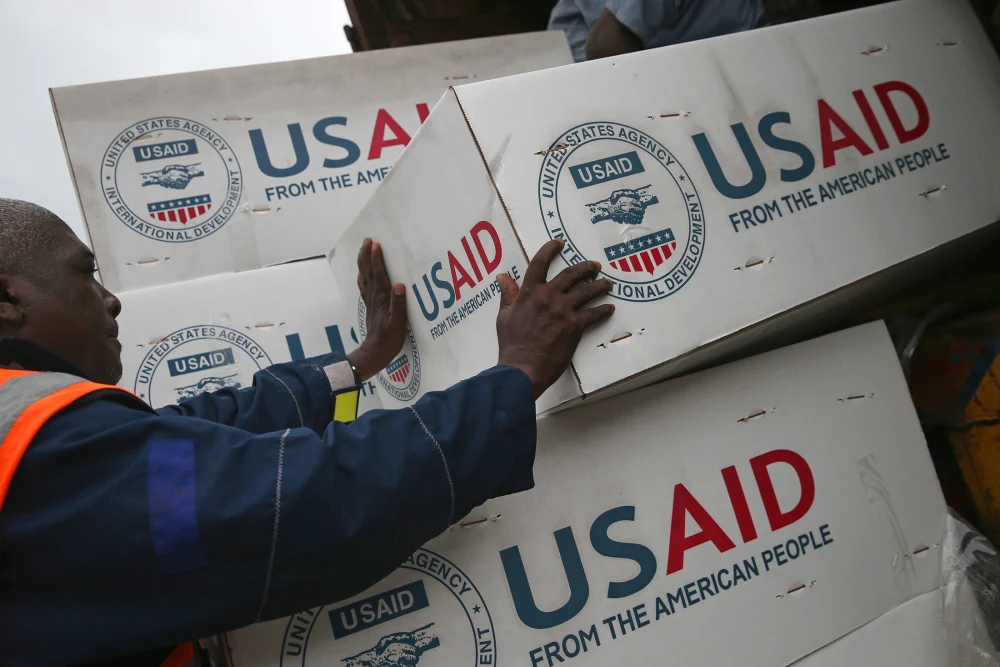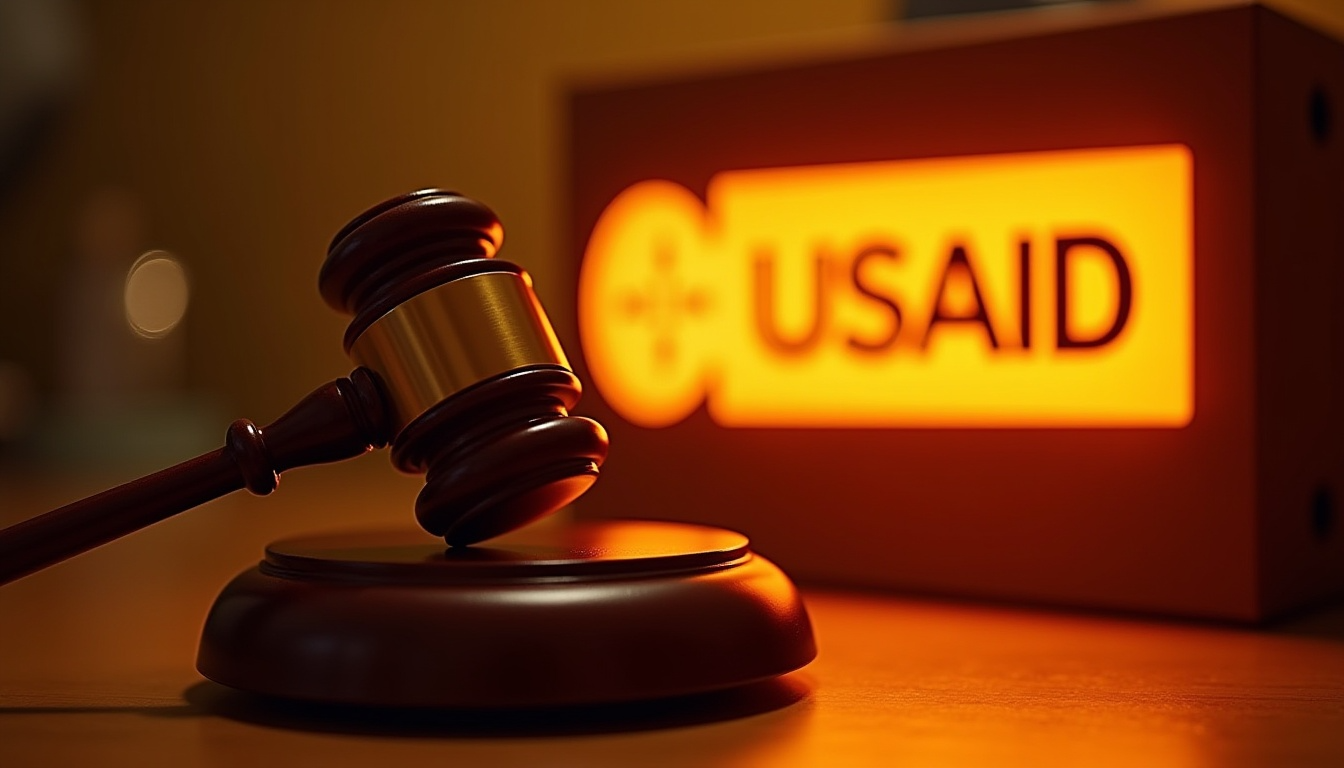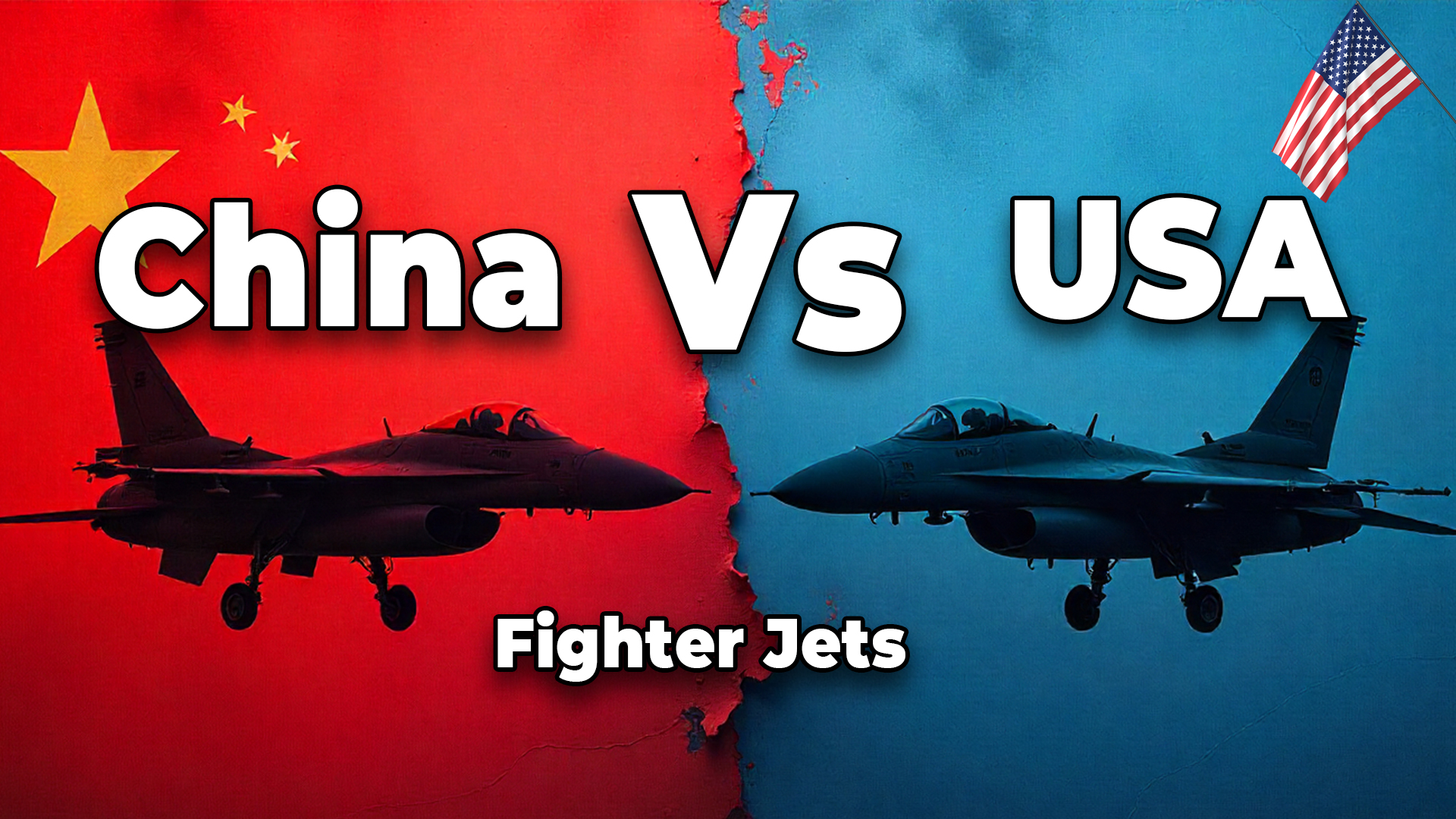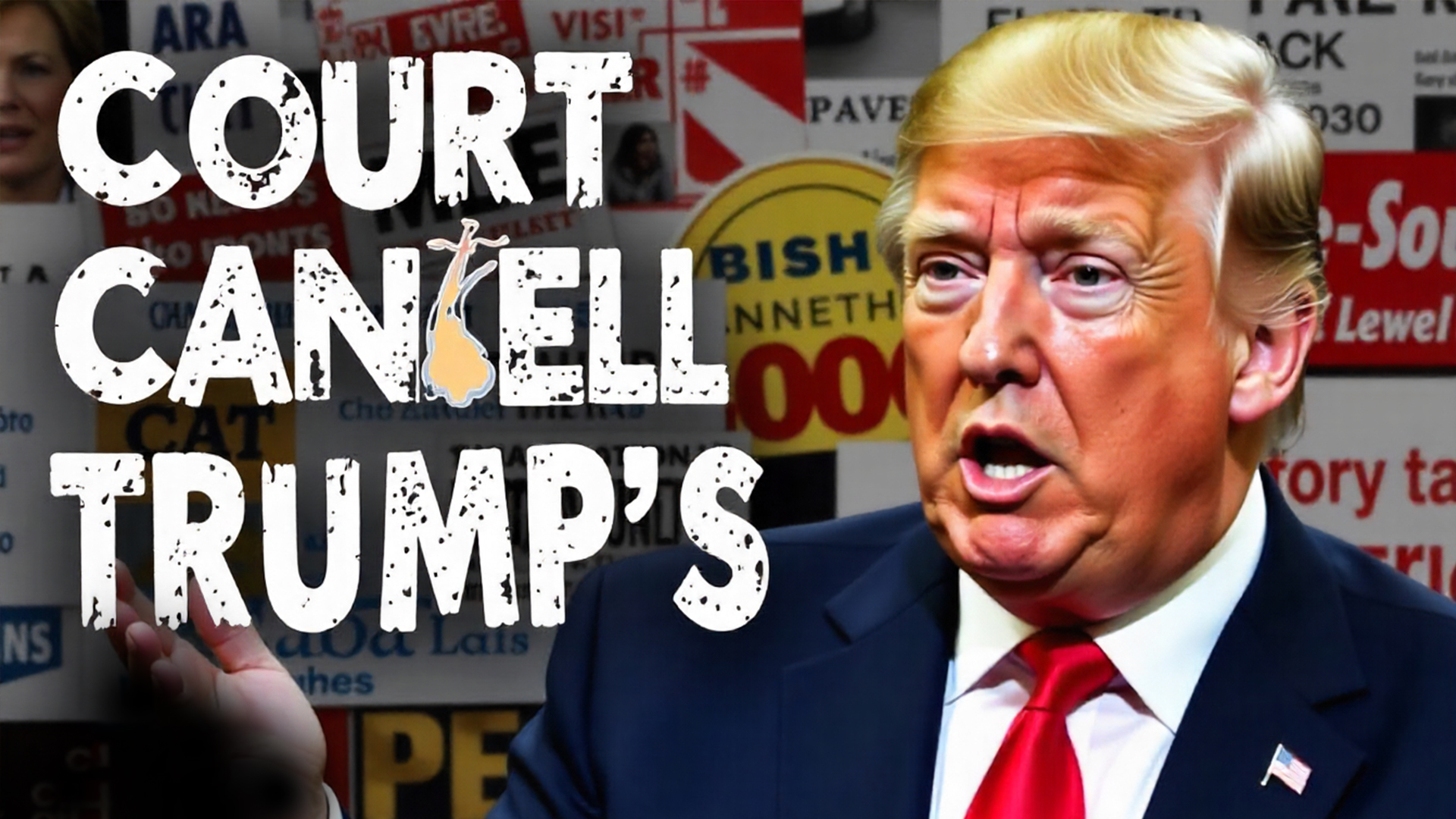President Trump’s latest “America First” memo has sent shockwaves through the world of foreign aid. Consequently, billions in U.S. funding face potential cuts or redirection.
As a result, critics fear the United States is stepping back from its global commitments. Meanwhile, supporters argue that American tax dollars should benefit Americans first.
But what does this really mean for international development? Furthermore, could this policy shift backfire on the United States in the long run? Let’s break it down.
How Trump’s Trade War is Reshaping Global Economics in 2025
Trump’s ‘America First’ Memo Explained
The memo orders USAID to prioritize “strategic national interests.” Therefore, any program deemed “non-essential” may face defunding, while allies may receive more targeted aid.
Trump’s administration claims this new approach will reduce wasteful spending. However, humanitarian organizations argue that millions of people will suffer from the withdrawal of American assistance.
Moreover, the directive restructures USAID’s decision-making process. Previously, aid was distributed based on humanitarian needs. Now, funding will favor nations that align with U.S. economic and security interests.
In addition, some analysts fear that this shift could make humanitarian aid a political tool. As a result, developing countries may hesitate to rely on U.S. assistance.
Meanwhile, critics warn that this strategy could significantly weaken America’s soft power. Nevertheless, Trump’s team insists the change is essential for national security and fiscal responsibility.
How Will This Impact the World?
USAID has long been a major force in global development. It has funded crucial programs in healthcare, food security, education, and disaster relief. Yet, under Trump’s policy, many of these programs now face an uncertain future.
For example, health initiatives in Africa have already reported funding shortfalls. Moreover, education programs in Latin America may soon be forced to shut down.
Additionally, the sudden loss of U.S. aid could exacerbate poverty and instability. Consequently, some regions may experience increased social unrest and extremist activity.
Furthermore, countries that depended on U.S. support might turn to alternative donors. As a result, global power dynamics could shift significantly.
Some developing nations have already started seeking assistance from China, which has been expanding its influence through infrastructure projects and economic partnerships.
The Domestic Fallout: Could This Harm the U.S.?
Trump’s administration argues that cutting USAID will ultimately benefit the American people. Nevertheless, experts caution that this policy may have unintended economic and political consequences.
For instance, many American companies depend on USAID contracts. Thus, reducing foreign aid could lead to job losses in sectors such as infrastructure, healthcare, and agriculture.
Moreover, foreign aid has historically been a tool for strengthening U.S. diplomatic influence. Without it, developing nations might look elsewhere for support, potentially aligning with America’s geopolitical rivals.
In addition, fewer diplomatic ties could lead to reduced trade opportunities. Consequently, American businesses might struggle to access emerging markets that once benefited from U.S. assistance.
At the same time, humanitarian groups fear that aid cuts could damage America’s reputation as a global leader. If trust in U.S. foreign policy erodes, international cooperation on other critical issues may weaken as well.

Workers unload medical supplies from a USAID cargo flight to fight the Ebola epidemic in Harbel, Liberia, in 2014. John Moore / Getty Images
China and Russia: The New Global Players?
As the U.S. pulls back, China and Russia are stepping in to fill the void. Notably, China’s Belt and Road Initiative has already positioned it as a dominant player in global development.
Additionally, China has been increasing investments in Africa, Latin America, and Southeast Asia. Consequently, many countries now see China as a more reliable partner than the United States.
Similarly, Russia has expanded its diplomatic and humanitarian efforts, particularly in the Middle East. As a result, it has gained stronger ties with key regional powers.
Because of these shifts, America’s decision to reduce foreign aid could have long-term strategic consequences. Developing nations may form stronger economic and political bonds with China and Russia.
If this trend continues, the United States risks losing global influence. Therefore, some analysts argue that cutting USAID is a short-term financial decision with long-term geopolitical consequences.
What’s Next for America’s Global Role?
Trump’s foreign aid policy is reshaping the global order. While his supporters see it as a necessary correction, critics warn of serious unintended consequences.
So, will America regret stepping back from its leadership role? Or will this move truly put “America First” in the long run? Only time will tell.
As the world adjusts to these changes, the effects of this policy shift will become clearer. Until then, the debate over the future of U.S. foreign aid remains heated.
What do you think about Trump’s USAID policy shift? Leave a comment below and share your thoughts!






One thought on “The Ramifications of Trump’s ‘America First’ Memo on USAID”